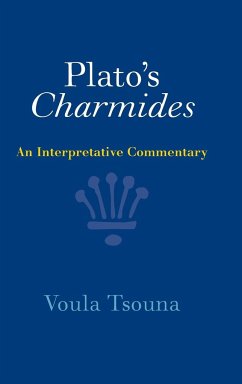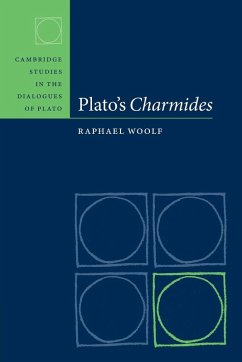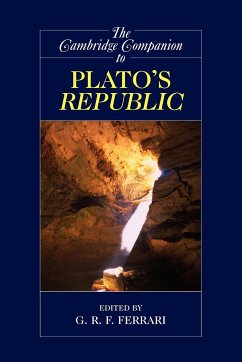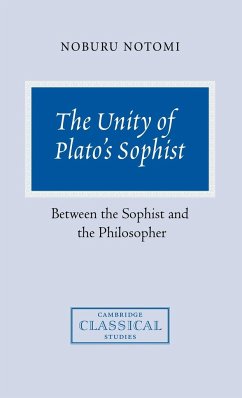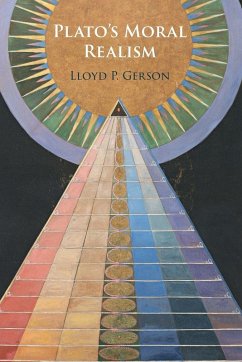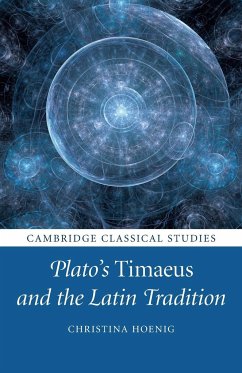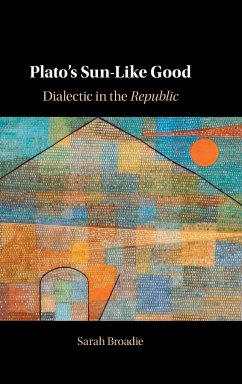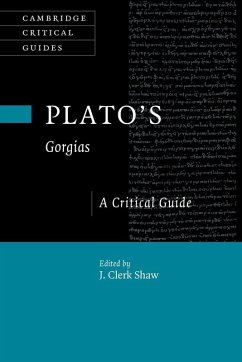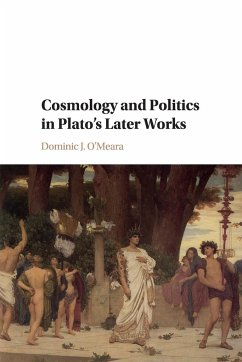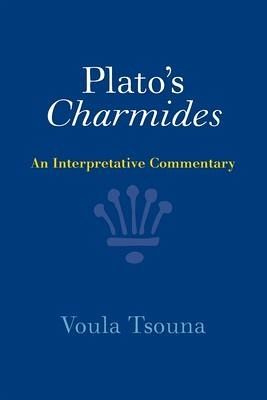
Plato's Charmides
Versandkostenfrei!
Versandfertig in über 4 Wochen
28,99 €
inkl. MwSt.
Weitere Ausgaben:

PAYBACK Punkte
14 °P sammeln!
A close text commentary on Plato's Charmides, which has been regarded as difficult and enigmatic. Examines the philosophical and dramatic features of the dialogue in great detail and shows how the philosophical issues, the characters and the dialectic play into one another and evolve across the dialogue.





